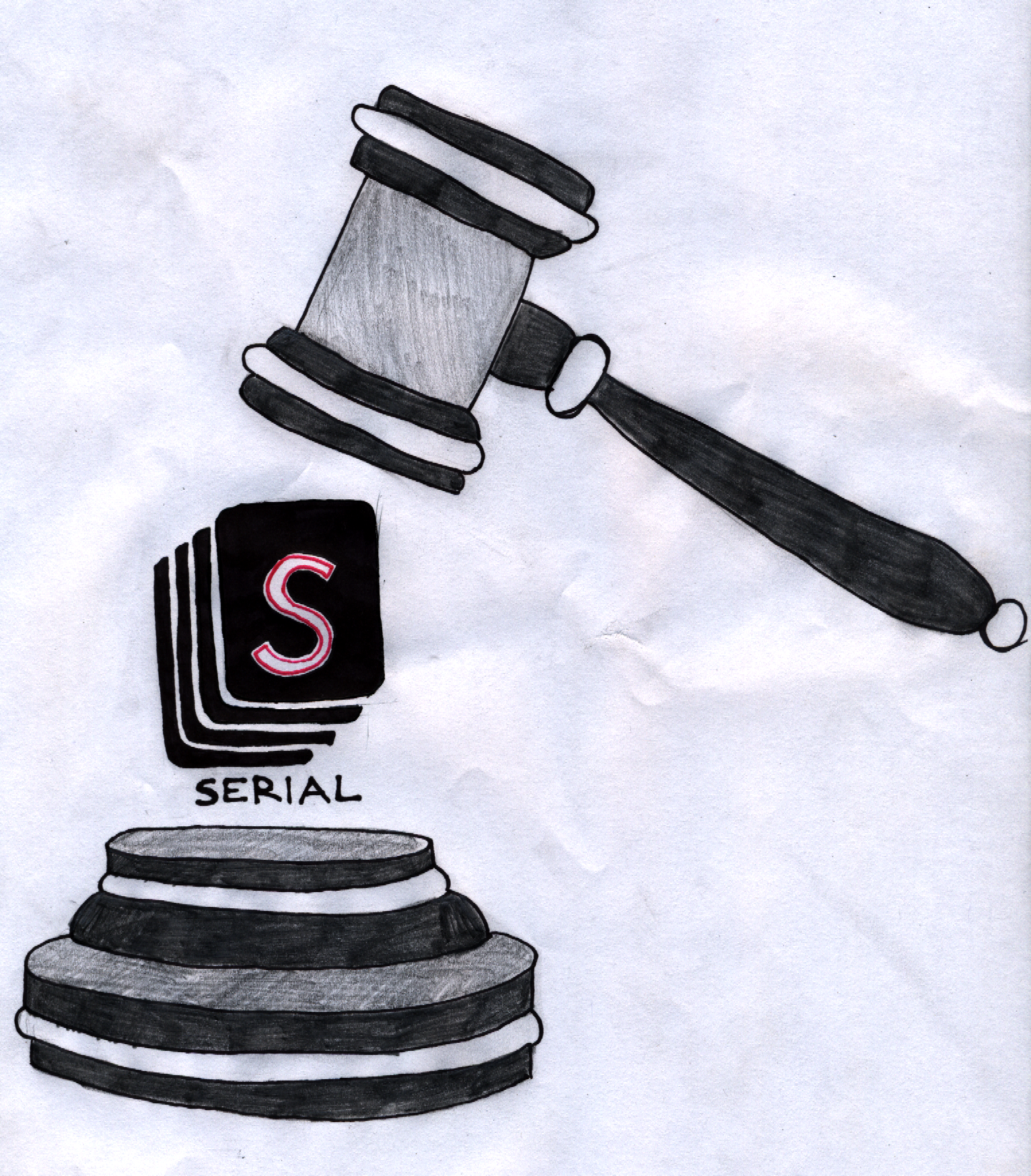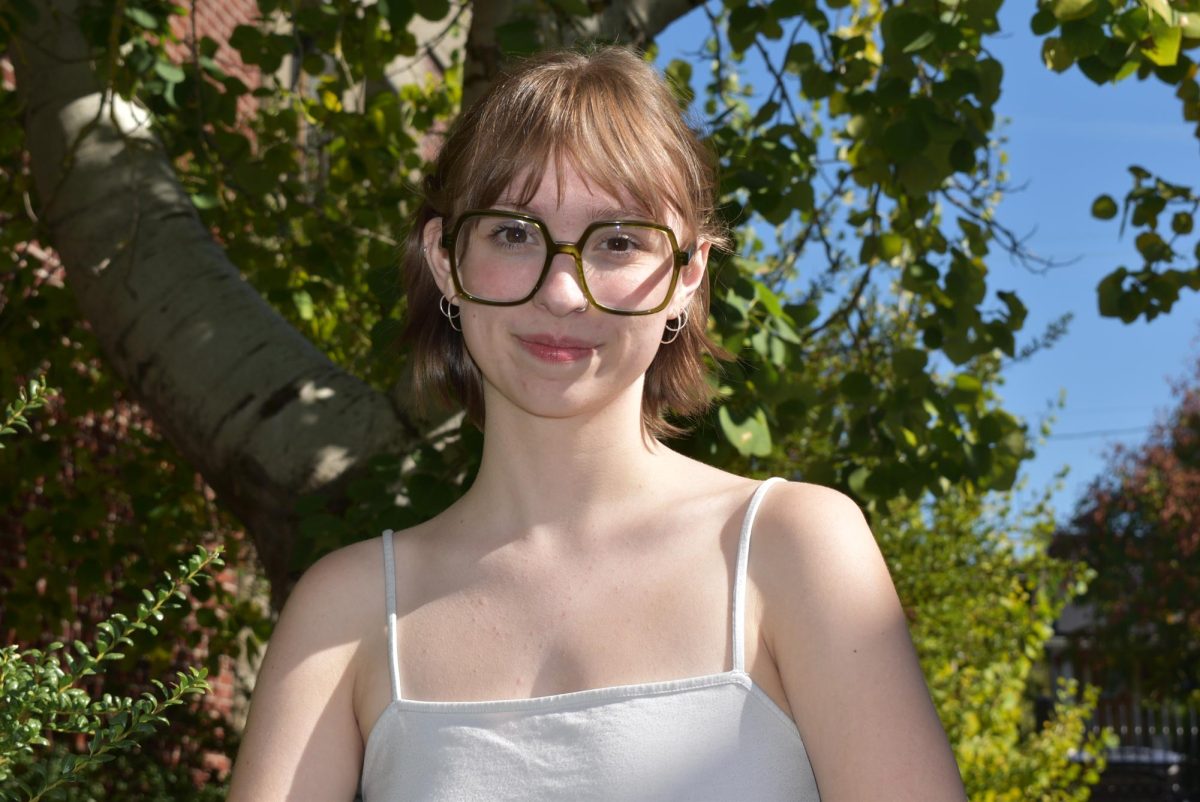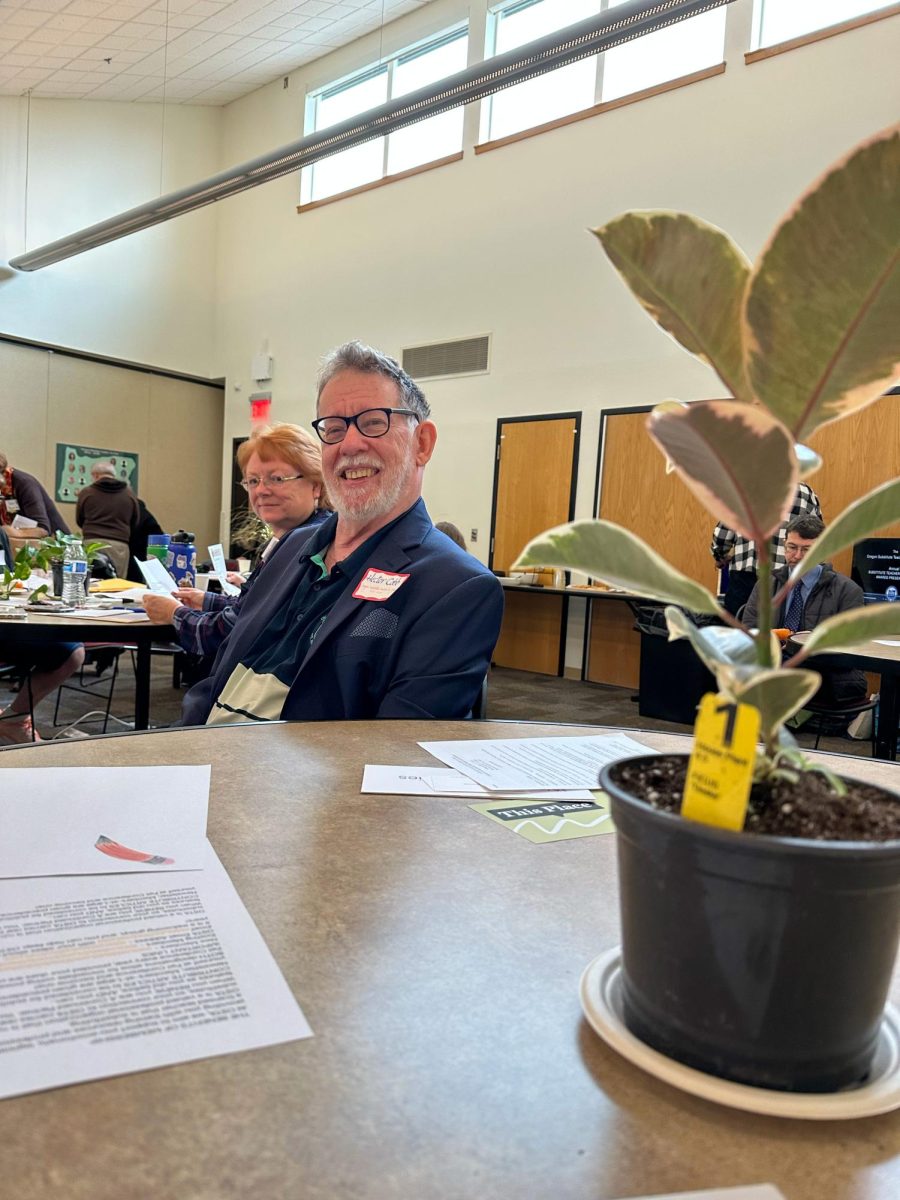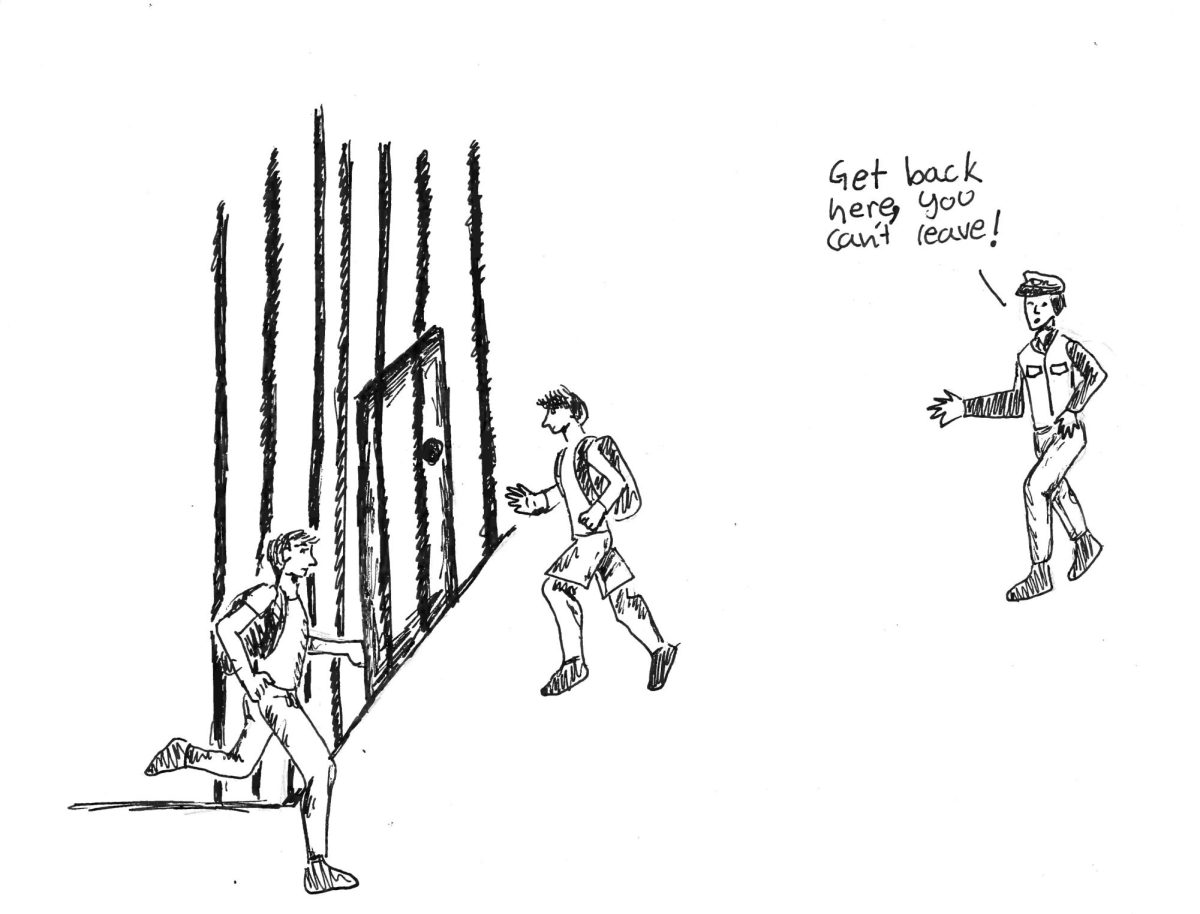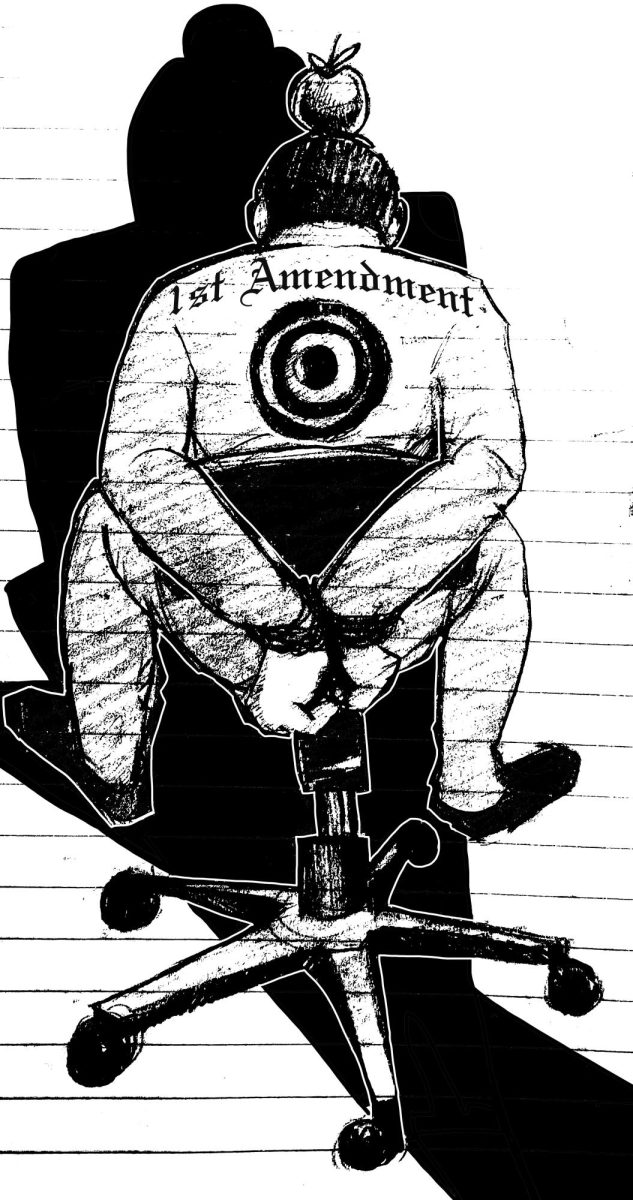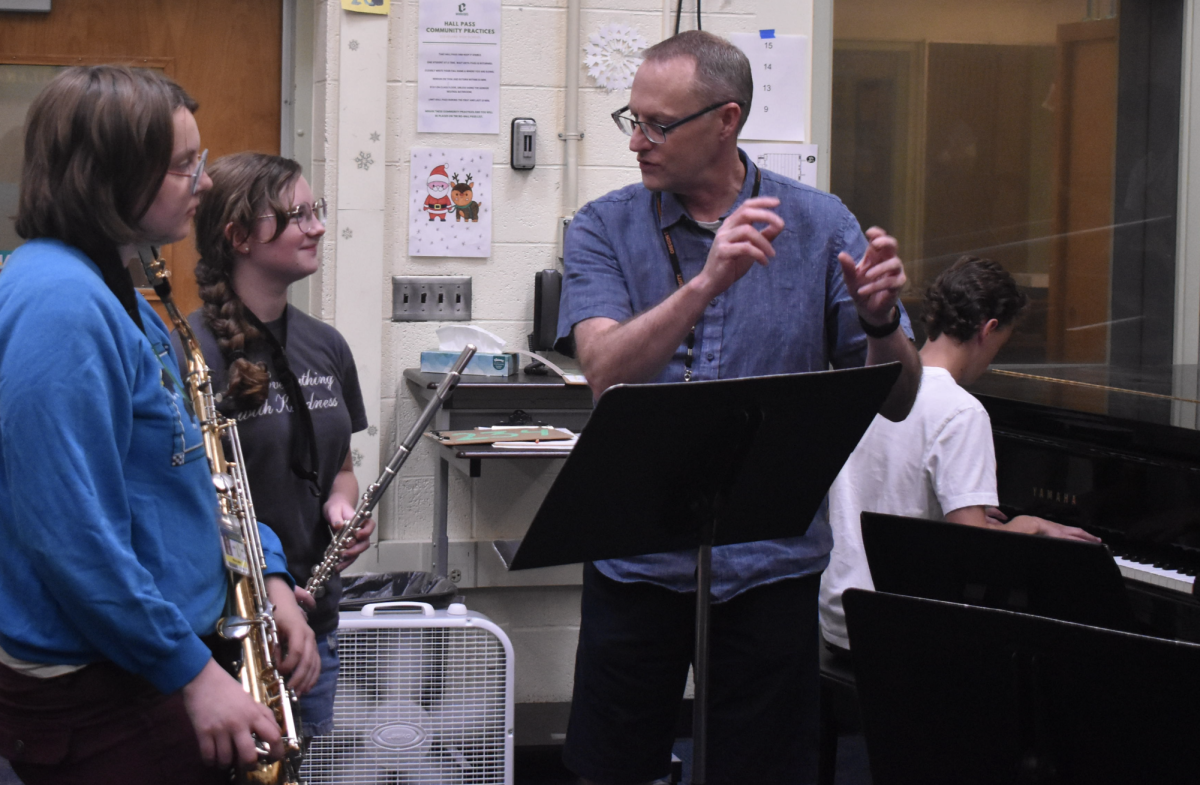New Trial Granted for Adnan Syed of “Serial”
May 8, 2018
In 2000, Adnan Syed was convicted of kidnapping and murdering his former girlfriend, Hae Min Lee. On Mar. 26, a Maryland appeals court upheld a 2016 ruling that he should be granted a new trial on all charges.
Syed’s case and subsequent conviction was publicized through the 12-episode “Serial” podcast, which aired in 2014 and was downloaded more than 175 million times. The podcast brought a critical and detail-oriented eye to the circumstances of Lee’s death as well as the court proceedings that followed. Anyone who has listened to the podcast can probably guess the court’s reason for upholding the decision to grant Syed a new trial: ineffective legal counsel.
It comes as a bombshell in the first episode, where host Sarah Koenig is trying to figure out Syed’s alibi, when listeners find out that there was a potential alibi witness who was never contacted by Syed’s defense attorney. Her name is Asia McClain, and she was a student at Woodlawn High School outside of Baltimore where Syed and Lee both attended. She wrote Syed letters while he was in prison awaiting trial, claiming that she remembers seeing him in the Woodlawn Public Library across the street from school at the exact time that the police timeline alleges that Syed attacked Lee and strangled her in a parking lot several miles away. Syed says he gave these letters to his attorney, Cristina Gutierrez, but no attempt was ever made by Gutierrez to contact McClain. The judging panel found this oversight significant, detailing in their ruling that they believe hearing McClain’s testimony may have raised reasonable doubt in the mind of at least one juror. That, according the appeals court of Maryland, is grounds enough for a retrial.
The original 2016 ruling by Baltimore City Circuit Court Judge Martin Welch additionally cited Gutierrez’s failure to cross-examine the prosecution’s cell tower expert regarding the reliability of cell tower location evidence. Since there was no physical evidence linking Syed to Lee (except his fingerprints in her car, which he had been in many times over the course of their relationship), the state relied heavily on cell tower location evidence from the call log on Syed’s phone to place him in certain places at certain times. One juror interviewed on “Serial”, Stella Armstrong, cited the cell tower location evidence as one of the main reasons she voted to convict Syed. Gutierrez’s decision not to question the expert is questionable considering his contributions were essential to the prosecution’s case and ultimately swayed at least one juror.
Besides the cell tower location evidence, the prosecution’s case was propped up by the story of their star witness, Jay Wilds. Wilds was Syed’s acquaintance; they knew each other through mutual friends but were not close. Wilds came to police on his own, and told them that Syed told him about the murder beforehand, and that they buried the body together. You might be wondering why Syed would go to a person he barely knew for help burying Lee, but Wilds alleges that Syed assumed he would know what to do because of Wilds’ own criminal activities. He cites those same criminal activities as the reason he felt compelled to help Syed bury the body; he thought Syed could turn around and get him arrested if he did not help. Wilds ends up serving no jail time after he is convicted on the charge of accessory after the fact.
The police conducted four separate interviews with Wilds, and over the span of those interviews, his story changes. The version of events told at trial ends up matching the call record on Syed’s cell phone more than the original version did.
The motion for release pending appeal filed by Adnan’s new lawyer, Justin Brown, highlights a piece of the case that went undiscussed in the podcast: Wilds’ criminal record post-trial. Between 2006 and 2009, two seperate girlfriends called the police to report assaults that had taken place at the hands of Wilds. The most recent assault involved Wilds strangling his girlfriend, mirroring Lee’s death by strangulation.
Brown said the podcast was “enormously helpful” in allowing his client to pursue justice because it aided him and his team in tracking down McClain, who will be testifying at the retrial. He also credits “Serial” with reigniting public interest surrounding Syed’s case and ultimately driving proceedings forward.
Syed has served 18 years of his life sentence, and has maintained his innocence the entire time. I go back and forth on whether I think he is guilty or innocent, but I am excited to see what this retrial brings. Hopefully a second chance at justice through a new trial allows both sides to clarify gray areas and yields a verdict that puts to rest the questions that continue to swirl around the circumstances of Lee’s death.



